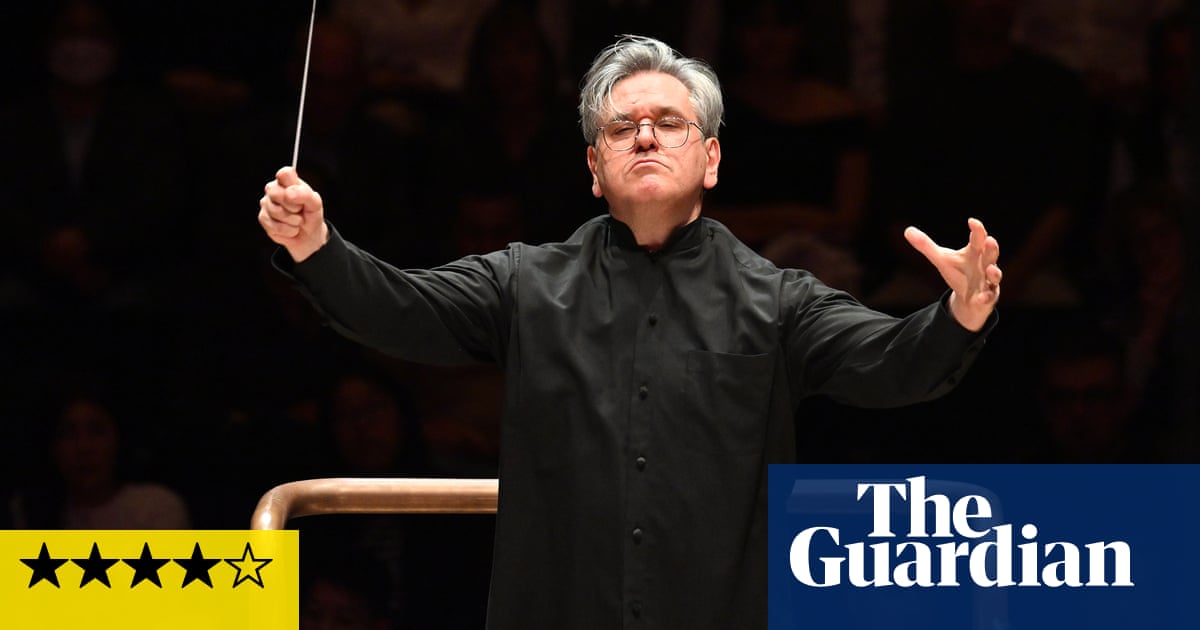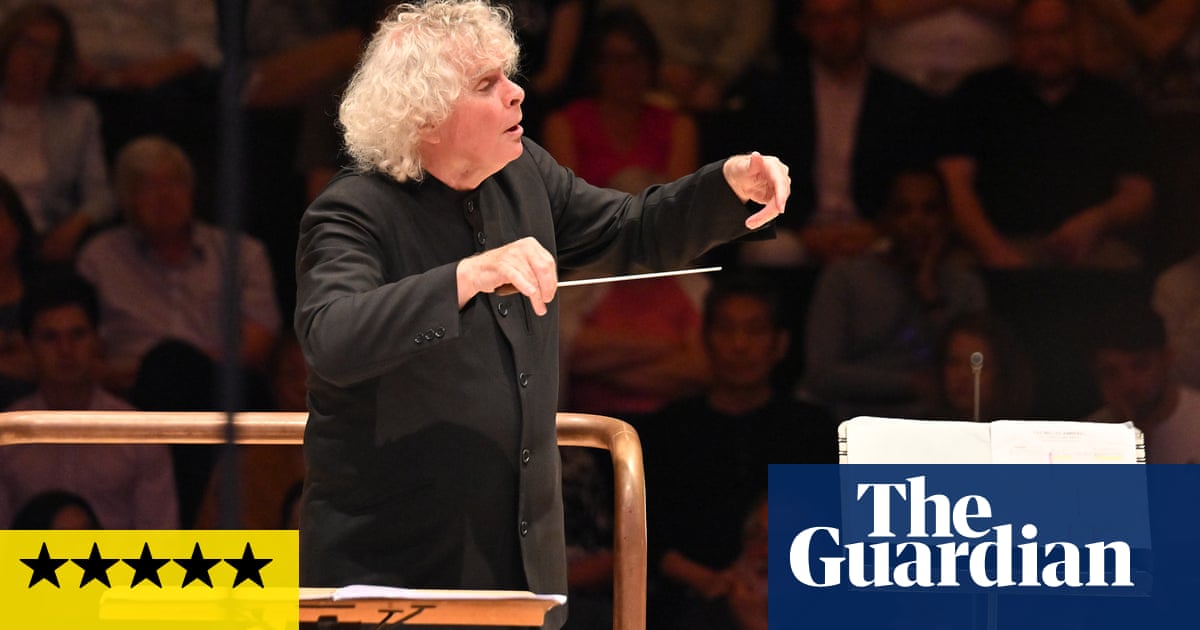
The winds of change were blowing at the London Symphony Orchestra with the first of three concerts headed by chief conductor designate Antonio Pappano. Steeped in drama and storytelling, this lively program of Liszt and Richard Strauss, with a substantial new work by Hannah Kendall, played right into his hands.
Tapping into her Guyanese ancestry, UK-born Kendall’s O flower of fire is a musical creation myth with a difference. Inspired by ancient Chaldean teachings, west African lore and the poetry of Guyananese political activist Martin Carter, it recalls the formation of land where water meets the sky. Kendall peppers the standard orchestra with oddball instruments: there are two prepared harps that plunk and rattle; a phalanx of wheezy harmonicas wielded by wind players and percussionists; tiny, tinkling music boxes that require regular winding; even metal dreadlock cuffs. Mastering the score with a clear beat, Pappano’s determined gestures brought out the elemental theatrics in flickering, microtonal music that felt strange, new, and more than a little mysterious.
There was nothing enigmatic about Alice Sara Ott’s barnstorming account of Liszt’s Totentanz. Launching herself into the grinding opening chords, her fingers stalked and harried the keyboard, while Pappano found her plenty of breathing space to explore the music’s lyrical oases. Between them, they made a work that can come across as a tub-thumping warhorse sound like the farsighted harmonic essay it really is, and without sacrificing any of its sepulchral creepiness.
As for Strauss’s Also sprach Zarathustra, Pappano and his superbly disciplined band reminded us just how charming this piece of orchestrational flash and dash can be. Looking back to Wagner rather than forward to Schoenberg, he squeezed every drop of colour and character out of a work that can suffer if its edges are overly smoothed and polished. Opening with subterranean organ, gale-force brass and pounding timpani, everything was given its proper weight. “Of the great longing” was ravishingly romantic, “Of science and learning” was chillingly grey and drained of life, while “The dance song” dripped – tastefully – with Viennese schmalz. Nietzsche has rarely sounded such fun.












